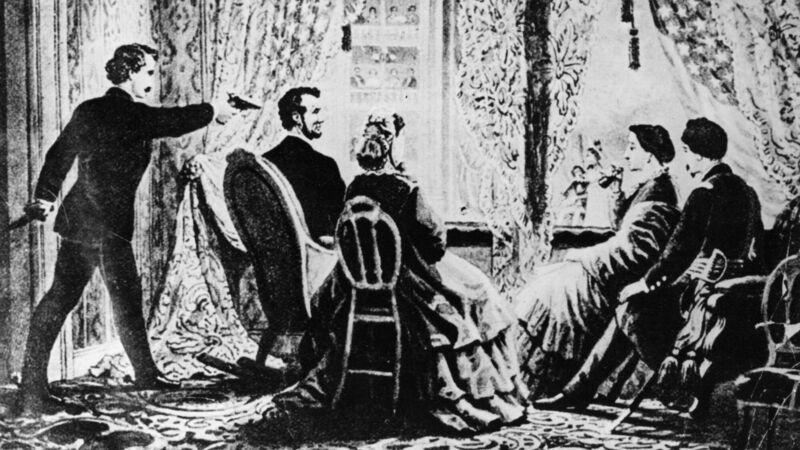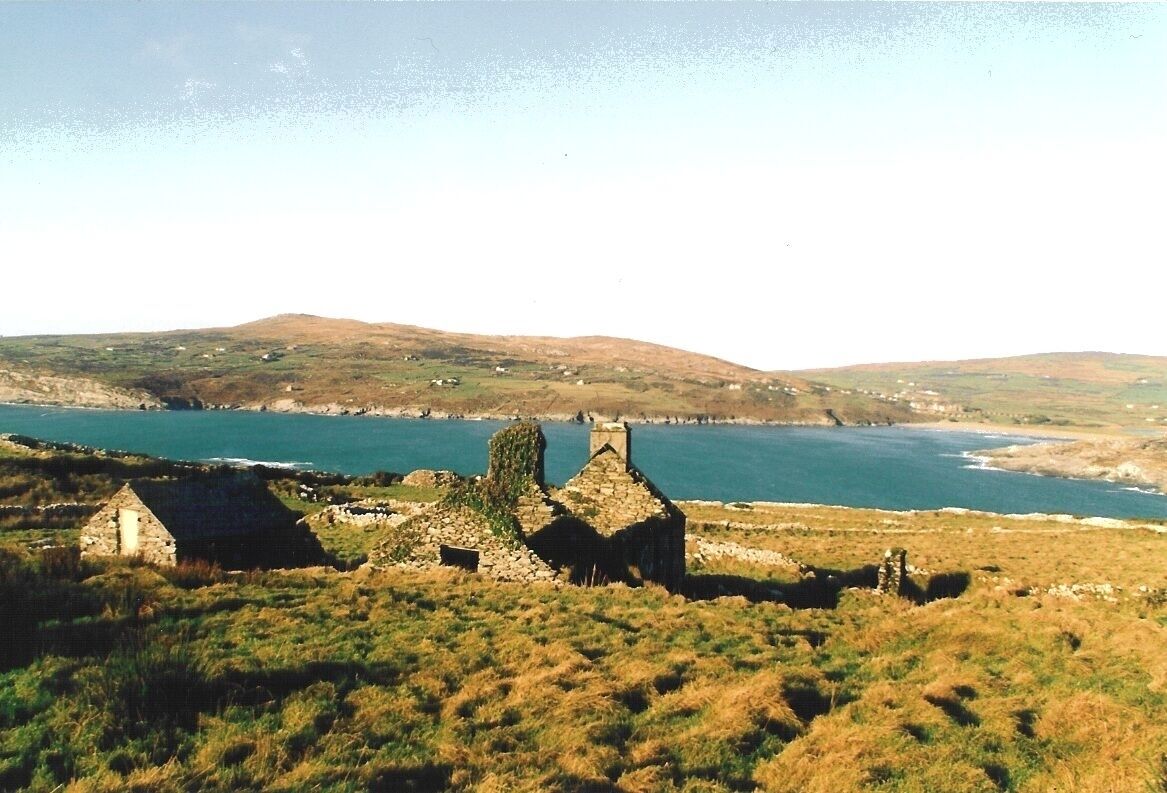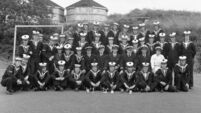How news of Abraham Lincoln's assassination took 12 DAYS to reach Cork

The assassination of U.S President Abraham Lincoln by actor John Wilkes Booth at Ford's Theatre, Washington DC, in 1865. Picture: Hulton Archive/Getty Images
We live in an age of instant communication, but when U.S President Abraham Lincoln was assassinated in 1865, it took 12 days before anyone in Europe even knew about it.

An edited extract from Stories From The Sea, by Jo Kerrigan, published by O’Brien Press.







